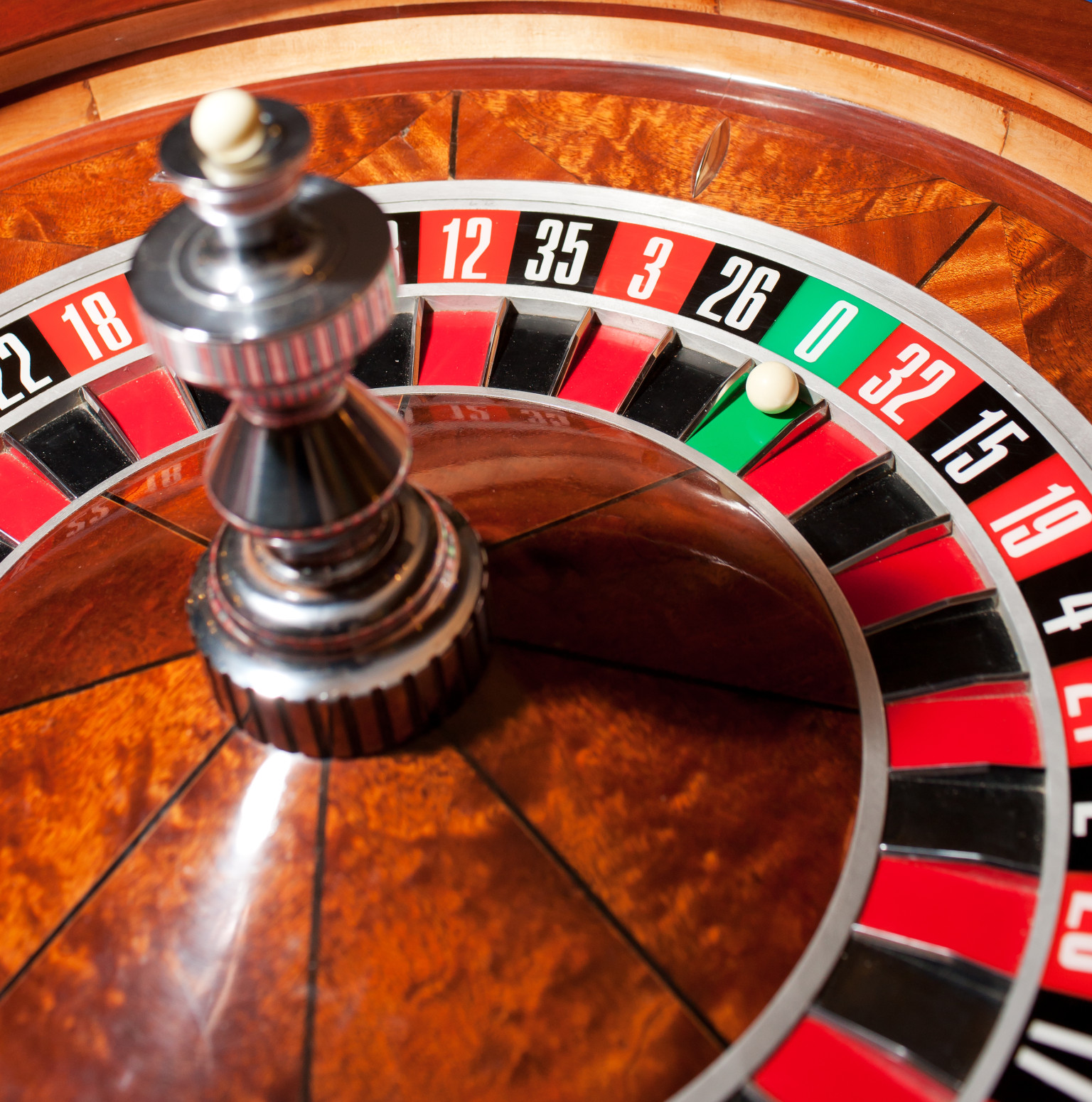
In the vibrant world of gambling, casino activities have long captured the attention of players around the globe. These games, including classic card options like poker to the rotating reels of slots, offer an captivating blend of randomness and tactics. While luck undeniably plays a significant role in shaping outcomes, the role of skill in many casino activities cannot be neglected. Understanding how skill affects the experience can elevate not only a gambler’s enjoyment but also their likelihood of success.
As we delve deeper the mechanics of gambling games, it becomes apparent that some demand a solid grounding of knowledge and tactics. Activities like blackjack require more than mere fortune; they require analytical thinking, mental insight, and calculated decision-making. In opposition, other games, such as the roulette wheel and fruit machines, are primarily based on chance, allowing players to rely exclusively on fortune. This contrast raises intriguing questions about what really drives victory in the world of gambling and how a gambler’s competences can tilt the balance in their advantage.
Grasping Skill versus Luck within Gambling Activities
In the world of casino games, the discussion between skill and luck is a long-standing one. Several games are often categorized into two groups: those that depend predominantly on chance, such as slot machines and the wheel, and those where skill plays a significant role, like poker and 21. The distinction is important because it influences not only gameplay strategies but also the approach players take when participating with these games. Although luck can play a critical role in the short term, skilled players can improve their odds of winning over the extended period in skill-based games. https://ga179.city/
Skill-based games, particularly poker, require players to comprehend odds, human behavior, and game theory. A seasoned poker player can analyze rivals, make strategic bets, and know when to fold, all of which can lead to more successful outcomes. Conversely, in games that are purely based on chance, no amount of skill can alter the odds. This implies that although a player may win big in one session, their victory may frequently be at the mercy to the vagaries of random outcomes rather than any tactical expertise.
Ultimately, both skill and luck exist together in the world of casino games, creating a dynamic environment for players. While games of chance can provide thrill and instant gratification, mastery and strategy in skill-based games offer a deeper level of engagement for those willing to invest time in refining their craft. This interaction between skill and luck defines the journeys of players and influences their relationship with the games they choose to play.
The Impact of Ability on Casino Results
In the realm of casino games, skill plays a key role in determining the results, especially in games where strategy and choices are essential. For instance, in the game of poker, players must examine rivals, calculate probabilities, and make strategic bets to maximize their chances of winning. Unlike games that rely purely on luck, such as slot machines or roulette, this game demands an understanding of both the game mechanics and the behavior of other participants, making expertise a critical component of victory.
Additional skill-based games, like blackjack, also highlight the significance of player skill. Understanding of basic strategy, card counting, and when to hit or stand can dramatically influence the house edge. A proficient blackjack player can reduce this edge and boost their chances of winning significantly. This contrasts sharply with games that do not permit for such tactical play, showcasing how the level of expertise influences the potential for favorable results.
Moreover, even within games deemed primarily chance-driven, like craps, the choices made by gamblers can impact their overall performance. Choosing the optimal bets, understanding the likelihoods of different outcomes, and managing one’s bankroll are essential aspects that can enhance a player’s experience and results. Thus, while luck remains a factor in casino games, skill can significantly affect how effectively participants navigate these settings, leading to more positive results.
Approaches for Expert Play in Gaming Establishments
To succeed in gambling games, players must develop a solid understanding of the rules and odds involved in each game. This essential knowledge enables individuals to make educated decisions, especially in skill-based games like Texas Hold’em and 21. Familiarizing oneself with game tactics, such as card counting in 21 or identifying wagering trends in poker, can significantly enhance a player’s odds of success. Practicing these strategies through practice games or lower-stakes games allows players to hone their skills without risking substantial amounts of cash at risk.
A further key approach is money management. Players should create a spending limit before going into the casino and adhere to it rigorously. This involves deciding how much they are willing to lose and setting limits on how much they will wager in every gaming session. By keeping a controlled approach to spending, players can maintain their play and reduce the chance of significant losses. Additionally, pausing can help maintain a clear head and prevent rash decisions that often lead to poor play.
In conclusion, emotional control is essential in the intense environment of a casino. Players must be adept at controlling their emotions, particularly during times of winning or losing runs. Staying focused and not letting emotions dictate gameplay can lead to more logical decisions. Techniques such as taking deep breaths or stepping away from the table during intense moments can help maintain composure. By cultivating a steady state of mind, players can approach casino games with assurance and skill, thereby improving their overall experience and results.
